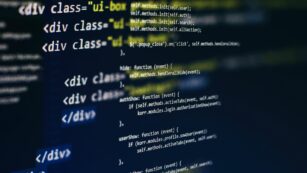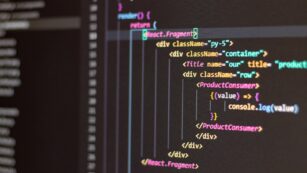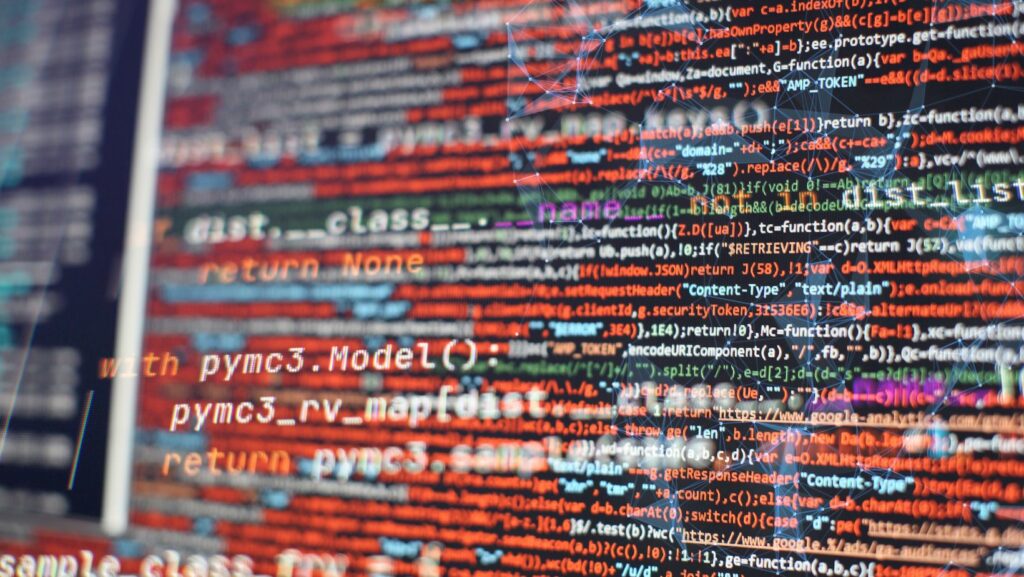As the world of technology evolves, Python remains a beacon for those looking to enhance their programming skills. Intermediate Python coding challenges are a fantastic way to bridge the gap between basic understanding and advanced proficiency. These challenges aren’t just about solving problems; they’re a journey into the depths of what makes Python such a versatile and widely-used language.
Python Coding Challenges Intermediate
Why Take on Intermediate Challenges?
 Engaging in intermediate Python coding challenges significantly improves a developer’s ability to handle more complex programming tasks. These challenges introduce scenarios that involve deeper logic and more sophisticated coding techniques than those encountered at the beginner level. By solving these problems, programmers gain a more robust understanding of Python and its functionalities. Intermediate challenges teach crucial skills such as data structures, algorithms, and the utilization of Python libraries like NumPy and Pandas. These skill sets are critical if a programmer aims to enhance problem-solving capabilities and excel in Python programming.
Engaging in intermediate Python coding challenges significantly improves a developer’s ability to handle more complex programming tasks. These challenges introduce scenarios that involve deeper logic and more sophisticated coding techniques than those encountered at the beginner level. By solving these problems, programmers gain a more robust understanding of Python and its functionalities. Intermediate challenges teach crucial skills such as data structures, algorithms, and the utilization of Python libraries like NumPy and Pandas. These skill sets are critical if a programmer aims to enhance problem-solving capabilities and excel in Python programming.
Moreover, working through intermediate challenges pushes programmers out of their comfort zones, encouraging them to think critically and creatively. This practice builds confidence in handling unexpected problems in real-world projects.
Types of Challenges You’ll Encounter
In intermediate Python coding challenges, a programmer encounters a diverse array of problems that test various aspects of coding proficiency. Common types include:
- Algorithmic Challenges: These focus on improving one’s understanding of sorting, searching, and optimization algorithms. They require logical thinking and efficient code.
 Data Manipulation Tasks: Programmers manipulate and analyze large data sets using libraries such as Pandas, which are essential for data science applications.
Data Manipulation Tasks: Programmers manipulate and analyze large data sets using libraries such as Pandas, which are essential for data science applications.- API Integration Projects: Challenges might include connecting to and manipulating data from external sources via APIs. This skill is invaluable for developing applications that rely on real-time data.
- Web Scraping Tasks: Programmers learn to extract data from web pages, which is useful for automated data gathering and testing web applications.
- Multithreading and Synchronization Exercises: These challenges emphasize code that simultaneously executes multiple sequences, crucial for developing high-performance applications.
In addition to purely technical exercises, intermediate challenges often simulate real-world automation scenarios involving unstructured text input. For instance, platforms like EssayPro may receive requests such as “pay someone to write my research paper” in their email. From a technical standpoint, Python algorithms must correctly parse, classify, and route such messages, applying validation rules, keyword detection, and workflow logic to ensure they are handled accurately and efficiently.
Key Skills to Master in Intermediate Python Challenges
Data Structures to Know
Encompassing a range of data structures enhances a programmer’s ability to solve intermediate Python coding challenges effectively. In intermediate scenarios, certain data structures are pivotal:
- Lists and Tuples: They allow for the storage and manipulation of ordered data sets. Efficient use of list comprehensions and tuple unpacking can significantly optimize code readability and performance.
- Dictionaries: Essential for quick look-ups and managing key-value pairs, dictionaries facilitate handling dynamic data efficiently, which is a common requirement in Python challenges.
- Sets: Utilized for unique collection needs and operations like union, intersection, and difference, sets are crucial when dealing with distinct items.
- Queues and Stacks: Understanding these structures aids in tasks that require specific order of data processing, such as depth-first and breadth-first search operations.
Popular Python Challenges for Intermediate Coders
 Intermediate Python coding challenges often focus on enhancing a programmer’s ability to handle complexity and introduce sophisticated coding techniques. Examples include developing algorithms for data sorting, constructing web scrapers to collect data from websites, and integrating external APIs for robust application development. These challenges leverage the power of Python libraries like NumPy for mathematical computations and Pandas for data manipulation, pushing coders to apply their knowledge in practical scenarios. Engaging with these tasks helps intermediate coders refine their problem-solving skills and prepare for more advanced Python projects.
Intermediate Python coding challenges often focus on enhancing a programmer’s ability to handle complexity and introduce sophisticated coding techniques. Examples include developing algorithms for data sorting, constructing web scrapers to collect data from websites, and integrating external APIs for robust application development. These challenges leverage the power of Python libraries like NumPy for mathematical computations and Pandas for data manipulation, pushing coders to apply their knowledge in practical scenarios. Engaging with these tasks helps intermediate coders refine their problem-solving skills and prepare for more advanced Python projects.
Tools and Resources to Succeed
Tackling intermediate Python coding challenges is a crucial step for any programmer aiming to elevate their coding prowess and tackle more complex projects. With the right tools and resources, developers can efficiently navigate these challenges and significantly enhance their skill set. Websites like LeetCode, HackerRank, and Project Euler provide a plethora of problems that mimic real-world scenarios requiring deeper analytical thinking and problem-solving skills. Additionally, forums and online communities such as Stack Overflow and GitHub offer invaluable support where programmers can collaborate and gain insights from peers who are also working through similar challenges. By consistently engaging with these platforms and utilizing the vast array of learning materials available programmers can master the intricacies of Python and pave their way towards becoming proficient developers ready to take on advanced tasks and projects.


